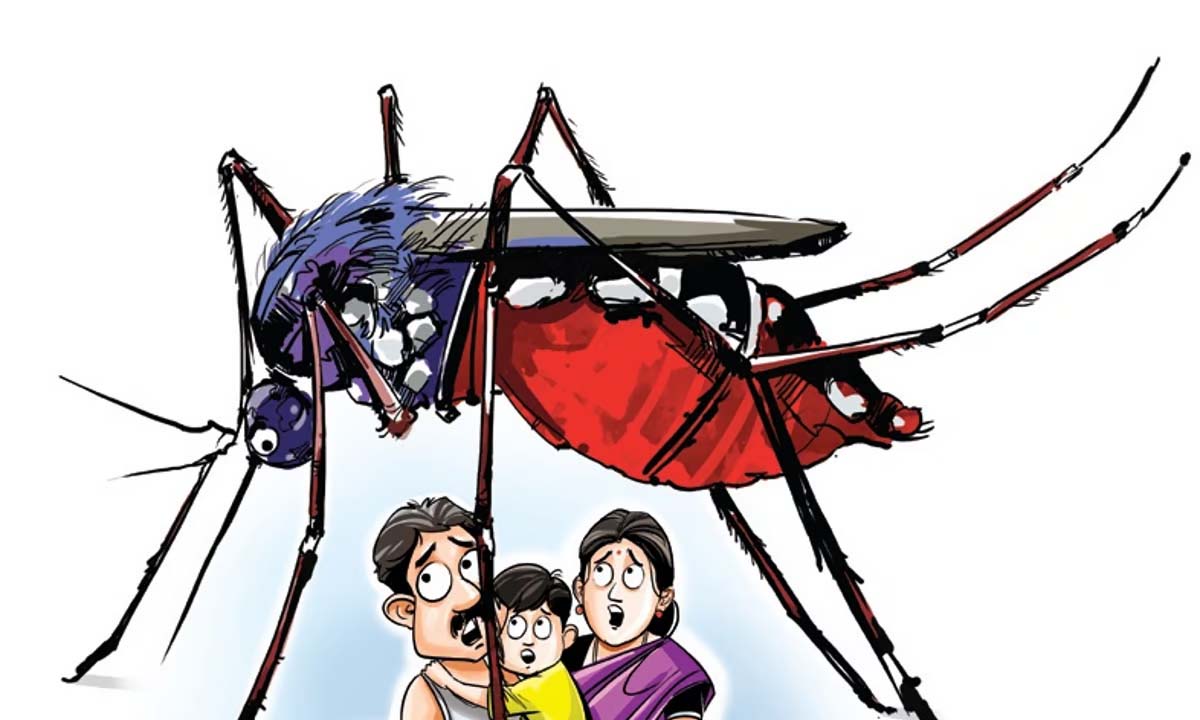BENGALURU: The Karnataka Health Department has recorded nearly a 60% increase in dengue cases in the first half of this year, compared to 2023. The total cases rose from 2,003 till June 2023, to 4,886 positive cases this year. Of the total, 1,230 cases were recorded within the BBMP limits, while Bengaluru Rural and Bengaluru Urban districts recorded a total of 30 cases.
Health Commissioner Randeep D told TNIE that to improve surveillance, health staff are deployed to towns on the first and third Friday of every month, which will help reduce infection and educate the general public through Information, Education, and Communication.
The health commissioner noted that the long dry spell has led to a water shortage, prompting increased water storage practices, which in turn have intensified mosquito breeding. Additionally, the community’s resistance to the application of larvicide in storage containers due to water shortage has exacerbated the problem. Intermittent rain has also resulted in outdoor breeding of the insects, apart from the increase in testing of suspected dengue fever cases, compared to the previous year.
Randeep said the treatment and management of dengue cases through implementation of vector control methods are being done in the state, as per the directives of National Centre for Vector Borne Diseases (VBD).
Regular inspection of breeding sites, both indoors and outdoors, and reducing these sources through larvicides — regular application of chemical to water bodies to kill immature forms of mosquitoes or emptying containers play a key role in preventing mosquito breeding, he said, and highlighted that health staff and ASHA workers are regularly carrying out the ‘Source Reduction’ activity in both urban and rural settings. The process is then cross-checked by the District VBD Control Officer and the Medical Officer of the PHC.
Randeep ensured that testing kits, larvicide, and fogging chemicals are available in sufficient quantities at the appropriate levels, and that the District VBD Control Officers are instructed to ensure their timely utilisation. “Necessary guidelines are being issued to districts, and concerted efforts are being made to keep the spread of dengue under control,” the health commissioner added.
Randeep further emphasised that it is crucial that citizens cooperate with health authorities by conducting regular inspections of water storage containers at home, and ensure proper disposal of solid waste to prevent mosquitoes from breeding.
